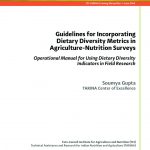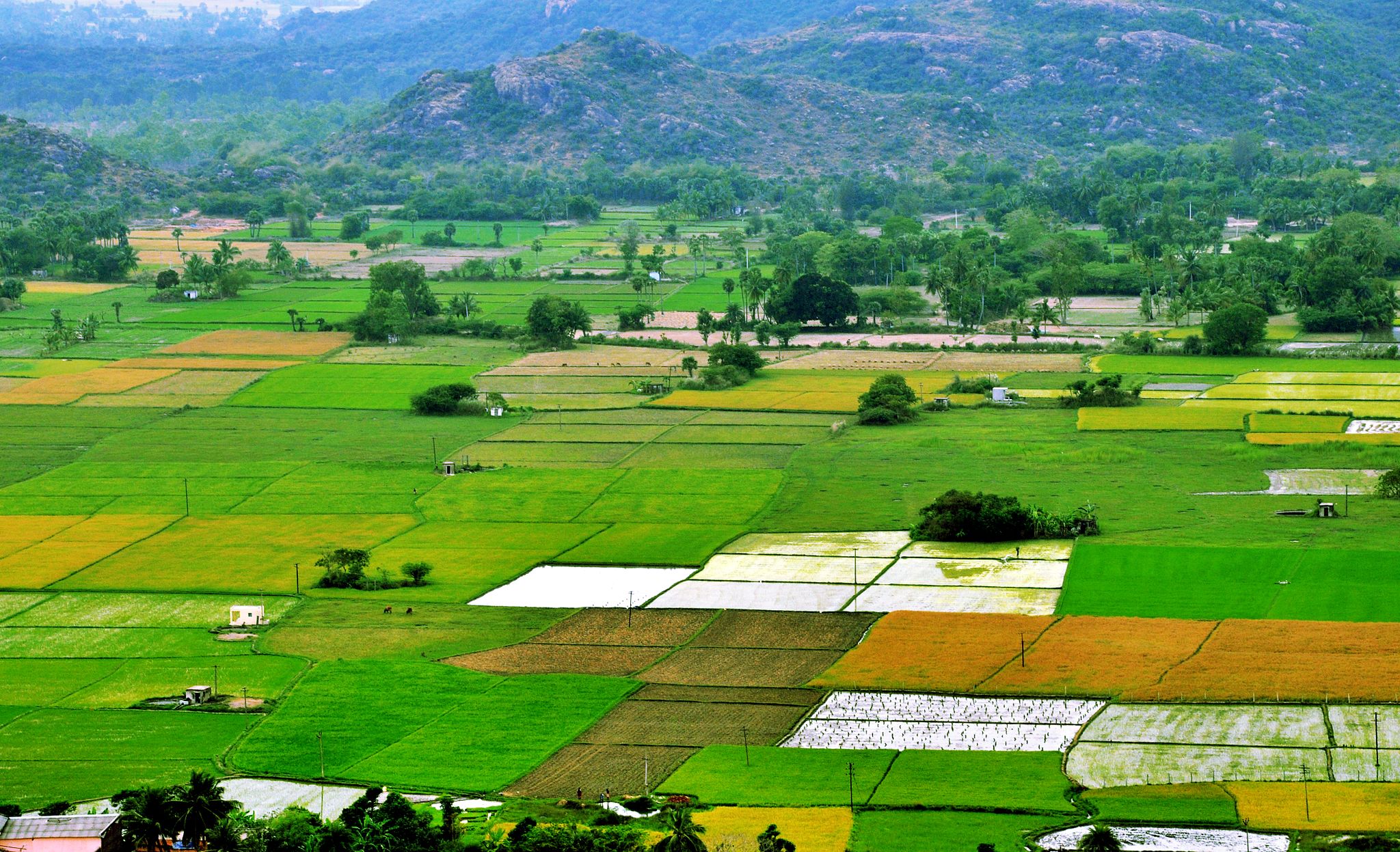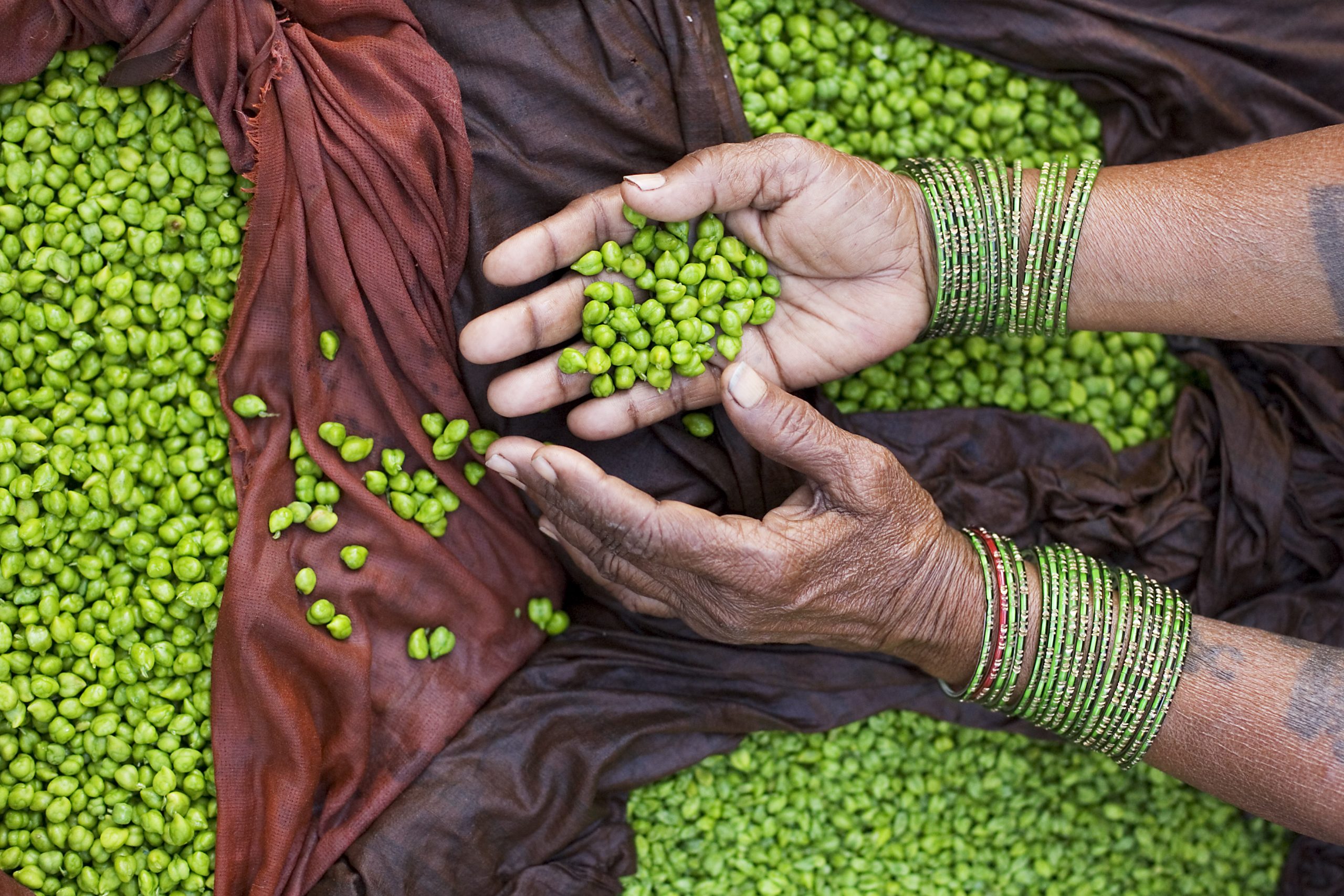Tag: Agricultural Transformation, Food Systems & Nutrition Transition

Shaping Favorable Policies to Achieve Food Systems Diversity in India: An Agenda for Action
TCI-TARINA Policy Brief No. 1, September 2016

Sowing Trouble: The Beginnings of an Alcohol Problem?
On June 2, 2021, the Indian government announced a Production Linked Incentive (PLI) scheme for several key sectors of the economy. Under this scheme, the fuel companies will be required to sell gasoline containing up to 20 percent ethanol by 2023, with the view to reduce dependency on oil imports and lower carbon dioxide emissions in cities. (Ethanol adds extra oxygen to petrol which lowers the emission of harmful gases and is shown to significantly reduce air pollution.) This target implies that India will need 1,000 crore liters of ethanol against the nation’s current capacity of 684 crore liters.

Guidelines for Incorporating Dietary Diversity Metrics in Agriculture-Nutrition Surveys
TCI-TARINA Training Manual No. 1, June 2016

Op-Ed Warns Increased Ethanol Production Could Affect Nutrition Security
The Indian government’s plan to incentivize sugarcane production to boost the supply of fuel-grade ethanol could hurt efforts to improve nutrition outcomes in the country, according to researchers from the Tata-Cornell Institute for Agriculture and Nutrition (TCI).
In an op-ed…

TCI Director Gives Masterclass on Unintended Consequences
Prabhu Pingali, director of the Tata-Cornell Institute for Agriculture and Nutrition (TCI), is featured in a new masterclass on the unintended consequences of food systems policies. Designed for stakeholders in food systems around the world, the class presents the 1960s…

TCI Publishes 2020-21 Annual Report
The Tata-Cornell Institute for Agriculture and Nutrition (TCI) has published its 2020-21 Annual Report.
The report offers an in-depth look at the full range of TCI’s research and other activities, such as its signature project, Technical Assistance and Research for…

TCI to Co-Host Panel Discussion on Gender, Nutrition, and Agriculture
The Tata-Cornell Institute for Agriculture and Nutrition (TCI) is co-hosting a webinar on “Gender, Nutrition, and Agriculture” on Thursday, April 8, at 8 a.m. EDT/5:30 p.m. IST. The event is the third in a series of policy discussions on food,…

Examining the Indian nutrition transition: Reducing the risks for obesity by 2050
In the last 20 years, undernutrition as measured by stunting and underweight has been decreasing for children under five in India, but the progress towards its complete elimination has been slow. In the NFHS 2015-16, 38% of all children remained…

The Map to Zero Hunger: Mapping Cropping Systems for a Tailored Approach to Increasing Productivity and Incomes
In this blog post, Kiera Crowley, co-author of Food, Agriculture, and Nutrition in India 2020, discusses how she created a cropping systems map for the report and why the cropping systems approach is important for improving agricultural productivity in India.…

Zero Hunger in India Is Possible with Diverse Food System
With some 200 million people suffering, India has relatively high rates of hunger compared with the rest of the world. However, malnutrition is not uniform throughout the country, and its prevalence corresponds to the uneven levels of economic development between…

